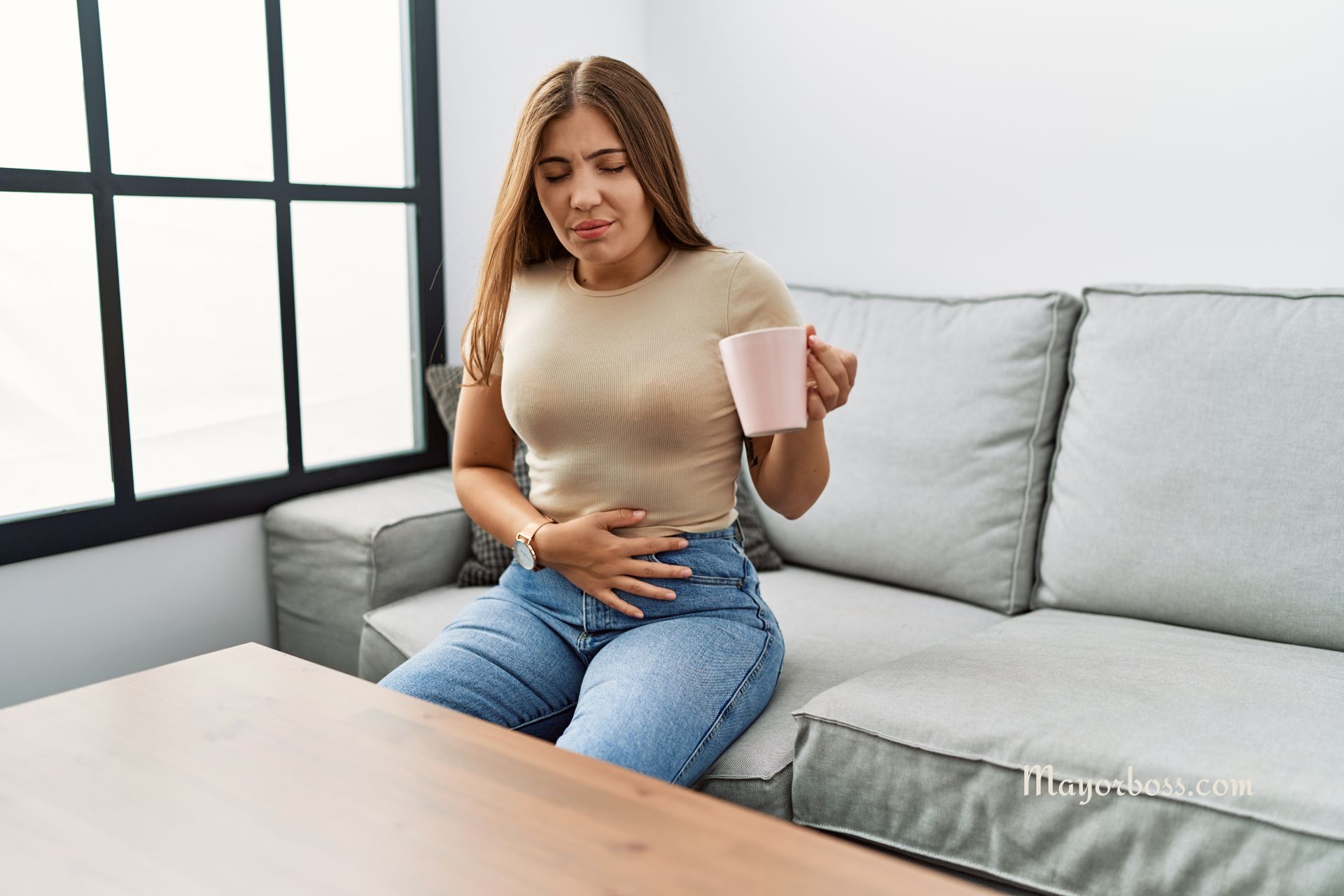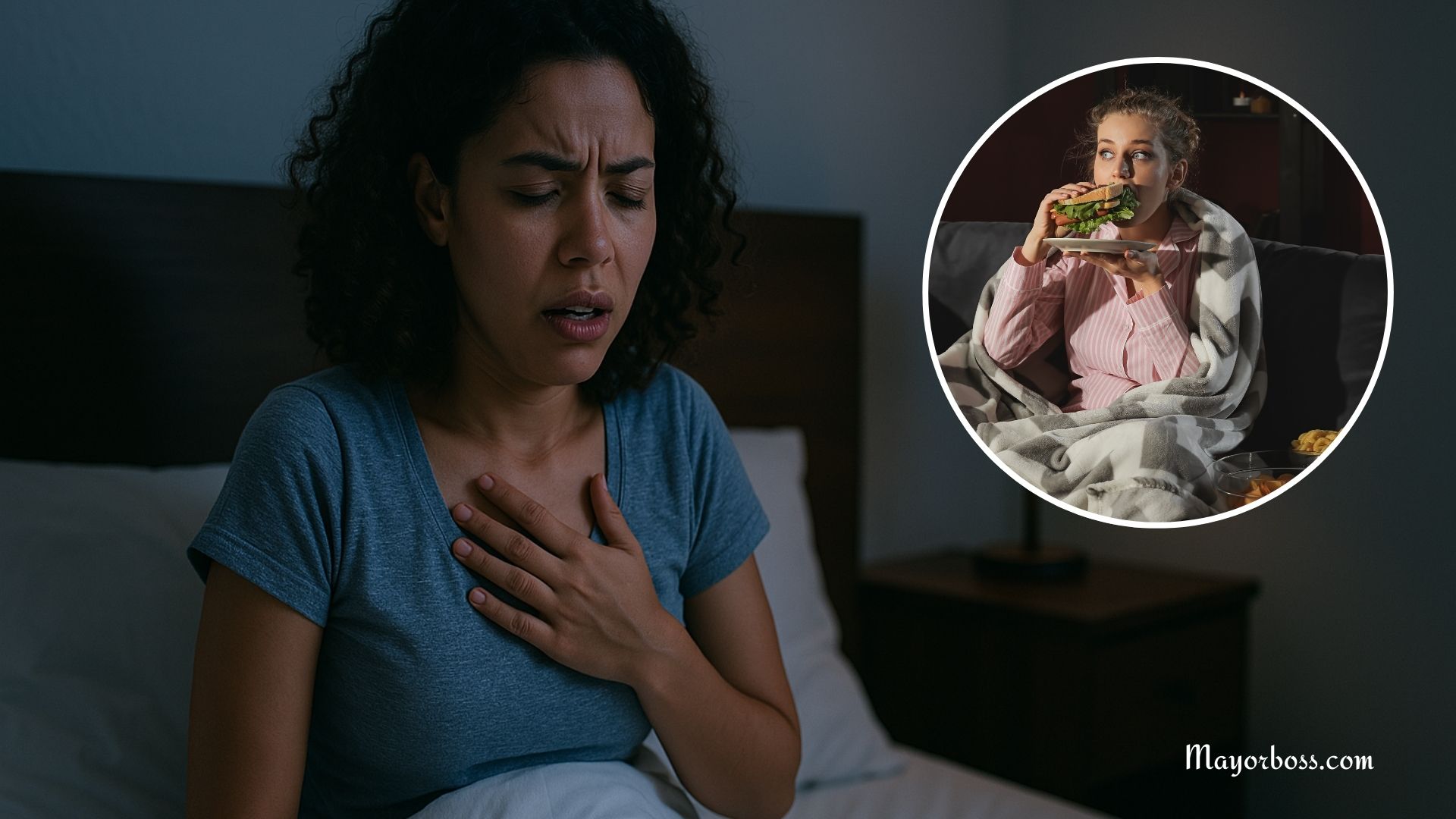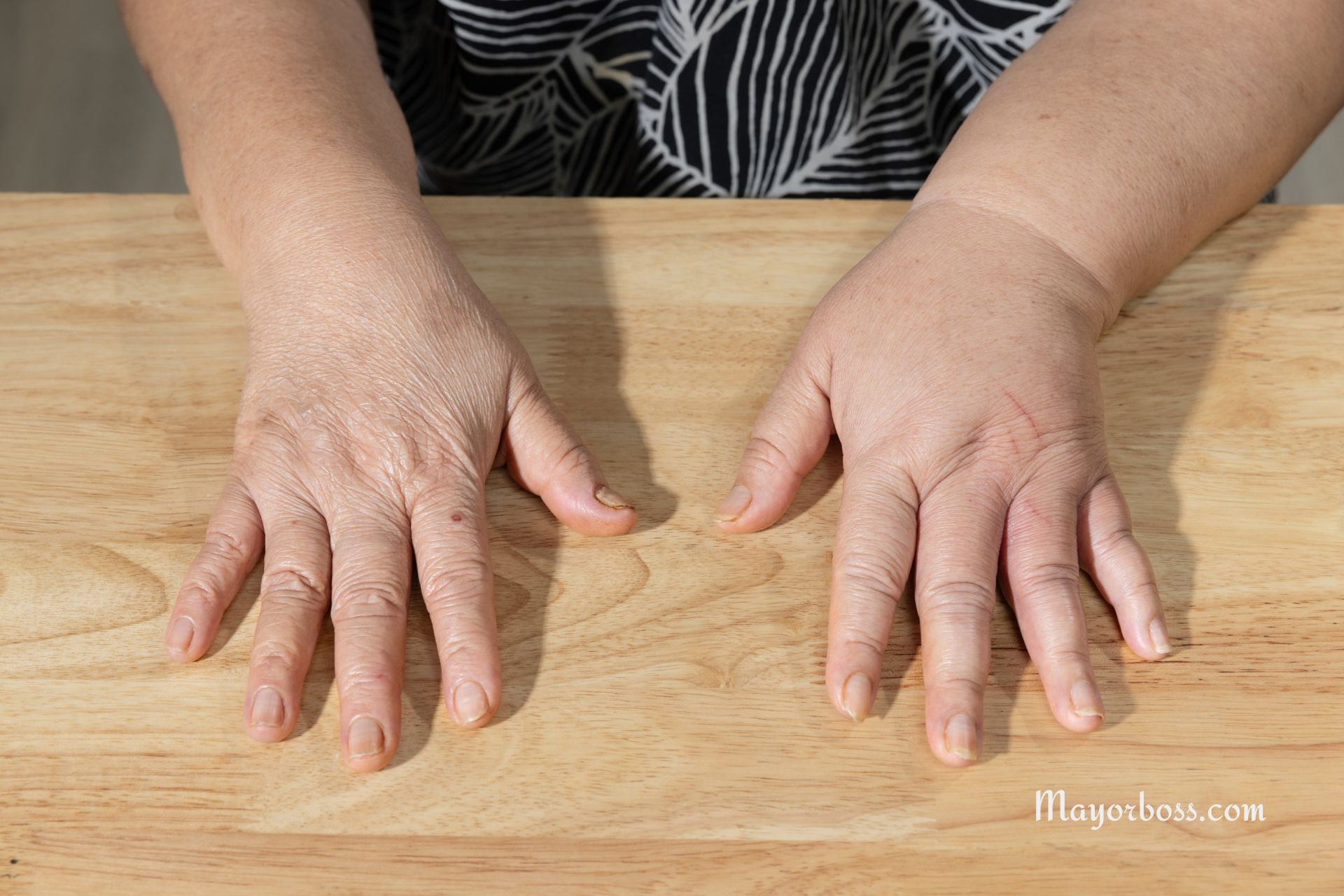Stomach Rumbling After Eating: Causes & Is It a Disease?
Stomach rumbling after eating is a common experience that many of us have encountered. These sounds, medically referred to as borborygmi, are often harmless but can sometimes be a sign of an underlying condition. In this article, we’ll delve into the causes of stomach rumbling after eating, explore whether it’s indicative of a disease, and offer guidance on when to seek medical advice.

What Causes Stomach Rumbling After Eating?
Stomach rumbling after eating can be attributed to several factors, including:
- Digestive process: The most common reason for stomach noises is the normal digestion process. As food, liquid, and gas move through the stomach and intestines, they create noises.
- Hunger signals: Interestingly, your stomach can rumble both when it’s full and when it’s empty. When empty, your stomach and intestines may make more noise as they contract to signal hunger.
- Swallowed air: Eating or drinking too quickly can lead to swallowing air, which can increase stomach rumbling.
- Dietary choices: Certain foods, especially those high in fiber, sugars, or artificial sweeteners, can cause more gas production, leading to louder stomach noises.
- Food intolerances and sensitivities: For some individuals, stomach rumbling after eating may be more pronounced if they consume foods that they are sensitive or intolerant to, such as lactose or gluten.
Is Stomach Rumbling a Sign of Disease?
In most cases, stomach rumbling is a normal part of the digestive process and is not indicative of a disease. However, if accompanied by other symptoms, it could be a sign of an underlying condition:
- Irritable Bowel Syndrome (IBS): This common disorder affects the large intestine and can cause symptoms like stomach noises, bloating, gas, diarrhea, and constipation.
- Gastrointestinal infections: Infections caused by viruses, bacteria, or parasites can lead to increased gas production and stomach noises.
- Food intolerances: Conditions like lactose intolerance or celiac disease can cause excessive gas, bloating, and stomach rumbling after consuming certain foods.
- Inflammatory Bowel Disease (IBD): Diseases such as Crohn’s disease and ulcerative colitis can cause chronic inflammation of the gastrointestinal tract, leading to a variety of symptoms, including increased stomach noises.
When to Seek Medical Advice
While occasional stomach rumbling is typically not a cause for concern, you should consult a healthcare professional if you experience:
- Persistent or severe stomach rumbling accompanied by other symptoms such as pain, bloating, diarrhea, or constipation.
- Sudden changes in bowel habits or the appearance of your stool.
- Unintended weight loss or other signs of malnutrition.
Tips for Managing Stomach Rumbling
To minimize stomach rumbling, consider the following tips:
- Eat slowly and chew your food thoroughly to reduce the amount of air swallowed.
- Maintain a balanced diet and limit foods known to increase gas production.
- Stay hydrated but avoid drinking large amounts of liquids during meals.
- Manage stress as it can impact your digestive system and contribute to stomach noises.
- Keep a food diary if you suspect food intolerances to identify and avoid problematic foods.
Stomach rumbling after eating is usually a normal phenomenon that does not necessarily indicate a disease. However, paying attention to additional symptoms and dietary habits can help you determine if a visit to a healthcare provider is warranted.
Frequently Asked Questions
1. Can stress cause more stomach rumbling? Yes, stress can affect your digestive system and lead to increased stomach noises.
2. Is it normal for my stomach to rumble even when I’m not hungry? Yes, stomach rumbling can occur at any time, not just when you’re hungry. It’s often just a sign of your digestive system at work.
3. Should I be worried about loud stomach rumbling? Loud stomach rumbling, in the absence of other concerning symptoms, is typically not a cause for worry. If you’re concerned or experience additional symptoms, it’s best to consult with a healthcare professional.






